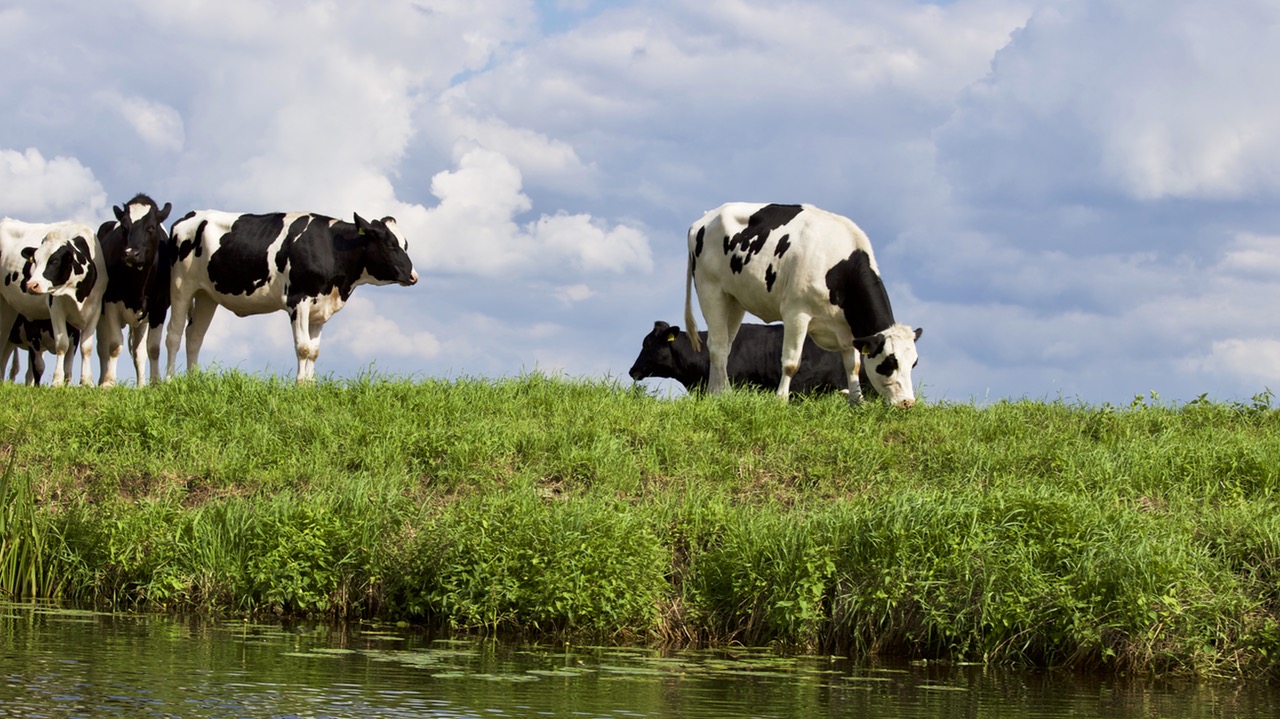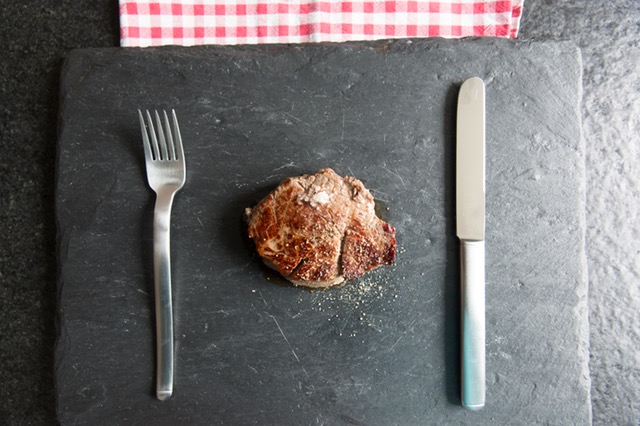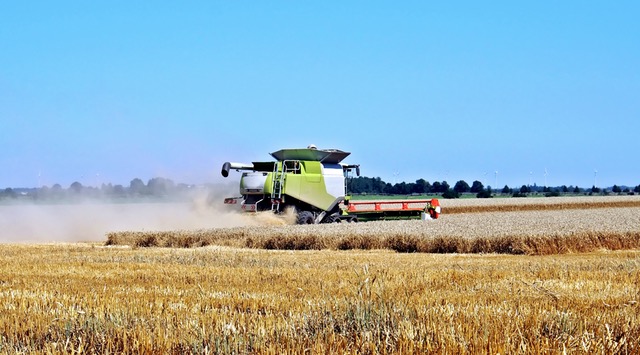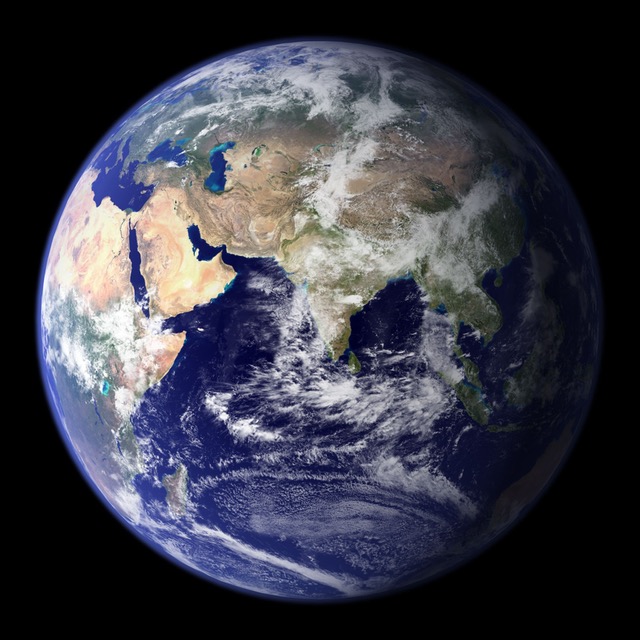Climate change is a huge consideration we should all have in our lives. The choices we make and the way we live has a real impact on the planet, and if we don’t look after the planet today, we will be leaving the world in a disastrous shape for our children.
Most of the focus on carbon emissions is on cars, our homes and industry, however, your food and your diet play a significant role too. So we are going to look at something which has been talked about by both those who wish to save our planet and by health experts too. Meat.
In 2016 The Soil Association held a debate in London which discussed food production and farming. A lot of absorbing points were covered.
There is a lot of talk within the health industry that eating too much meat may be bad for our health. The thinking behind this comes from our ancestors. The earliest humans were build to hunt for their food; they ate a mix of meat, vegetables and fruit. However killing meant that meat wasn’t as easy to come by as it is today. Therefore most humans didn’t eat meat every day. They also couldn’t store meat as we can, so they usually would hunt and eat smaller prey.
So looking at the Eat Less Meat attitude what do you need to know? There are some obvious points, such as grass-fed cattle will be better for you and produce far fewer carbon emissions than intensely farmed, non-organic GM crops. These use more water and take an enormous amount of resource to provide.
We have two very compelling reasons you should change your diet. The first being your health and wellbeing. The second, the health and well-being of the planet, your children and their children.
So is eating less meat good for your health? The short answer is yes. Protein is a little like salt, we need it to survive most of us however over-consume it, and that is when it becomes dangerous for your health. Unlike salt, over consuming protein is not good for the planet too. There are some great articles on food and your health on the site https://healthbestreviews.com which could help you find a better balance in your diet.
It can be hard to work out how much protein you need, but there is a pretty simple rule. Firstly you need to ensure the quality of protein you are getting. Essential amino acids are vital for tissue and cells. Protein is also critical for our immune system, energy and our general wellbeing. So ensuring you get your protein from a healthy, clean source is paramount. The general rule for how much you need to eat is you should consume 0.8g per kilo of your body weight. So if you are 75 kilos in weight, you will need to consume around 45g – 60g per day. Of course, this depends on how active you are and your muscle ratio. Those who weight train will require more protein.
It is hard to know how much protein is in your food. But you can roughly assume that a 3oz serving of meat or seafood has around 20 – 28g of protein. Pulses contain 8g per cup once they are cooked, and an egg could be 6 – 8g. Vegetables and whole grains also contain protein. So you can see that the amount very quickly adds up.
There are different types of protein. Animal and Plant. Various sources will tell you that one is better than the other. However, both have their pro’s and cons.
Animal protein contains all the essential amino acids that we need for tissue and cell repair; it is also easier for the body to utilise. Red meat is high in iron and other minerals. Animal protein is also the main source of vitamin B12 and contains Co Enzyme 10 which is vital for heart protection. However, when overeaten, it creates acidic blood which means your bones could become weakened as your blood needs the alkaline. It is also terrible for your digestive system if you consume a lot in one meal. We have only a small amount of stomach acid, and it cannot digest large amounts of animal protein in one go, so toxins are released, and this can cause you issues.
Plant protein contains two types of fibre, cellulose which feeds the good bacteria in our body and soluble fibre that helps to bind toxins and remove them from the body. It also contains enzymes which help break down food and can hold a higher level of amino acids. Plant protein also contains the phytonutrients such as polyphenols and flavonoids, which are some of the best health promoting things you can consume.
It is harder for the body to digest and to use too, it also could lack nutrients if you aren’t going organic. It is high in phytic acid which binds to minerals and can block calcium – the flip side of this is that this acid is protective against cancer. Plant protein also doesn’t contain all the essential amino acids so if you are vegan, you need to combine different plants to ensure you are getting them all.
Now you understand a little more about the proteins and how much is good for you, let’s look at excess protein.
Nearly 60% of people eat out once a week and spend more money on eating out than they do on the weekly shop. When you head to a restaurant, you would probably have a meat portion as a starter, a meat portion for your main and finally dairy protein portion as your dessert. This means you are getting 3 to 5 times more protein than is needed for your health. Even the developing countries are starting to reach these figures, countries that were mainly vegetarian are now eating more, poor quality meat and fish.
Eating too much animal protein is bad because the excess protein converts to sugar and this then converts to fat.
If you overeat meat and dairy, you can trigger immune conditions. Asthma, arthritis, eczema and other chronic diseases are all linked to protein. If you suffer from these conditions, then try to cut back on your protein and see if you notice a difference.
Too much protein also weakens the bones, it can also stimulate mammalian target of rapamycin. Decreased mTOR activity will promote health and increases the lifespan of a human; it also protects us against cancer. If you eat too much protein, then you stimulate the mTOR which increases your risk of cancer and can speed up the ageing process too.
The best way to get the right amount of protein is by eating less, but higher quality meat. You don’t have to buy organic; you can still cut back on your meat and eat more vegetables, however organic meat and vegetables are better for the environment so if you are looking to support your planet then you should consider it. While the meat costs more, you will be buying less of it so it could balance out, financially.
Reducing your meat intake and eating grass fed, organic meat in smaller amounts means you are doing something to support your health, animal welfare and the environment. To us, it sounds pretty compelling. More importantly than anything, you will also be part of a consumer movement which is forcing the industry to stop producing products that are damaging to the planet, our animals and the health of all humans.
Organic farming accounts for just 2 percent of the agricultural industry. This is almost criminal. The farming industry, chemicals used to grow crops and the processes from seed to consumer, have a large impact on the health of our planet.
If the customer demands a better quality protein from organically farmed land, then we will start to force the industry into a change. Which will be better for all of us.




We help people who are looking for “Take my GED for me” or “Take my TEAS exam” answers. Do you need help with your TEAS or GED test? We provide services that let you pay someone to take your GED or TEAS exam or hire someone to help you study for the test and find answers.
Pay Someone To Take My GED Exam
We provide support for those looking for ‘Take my GED for me’ or ‘Take my TEAS exam’ solutions. Need help with your GED or TEAS exam? We offer services so you can pay someone to take your GED or TEAS exam, hire someone for exam assistance and solutions.
Pay Someone To Take My TEAS Exam
Nice read! I so learned a lot from this. Keep it up and thanks for posting!